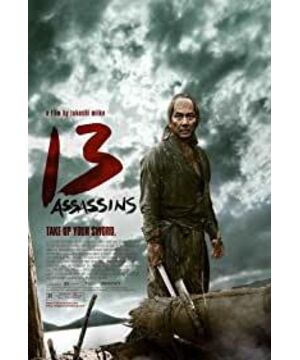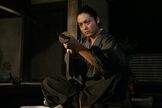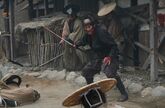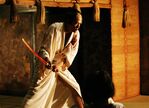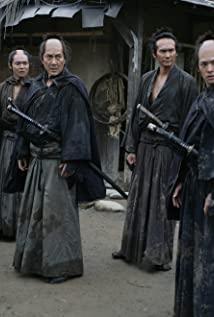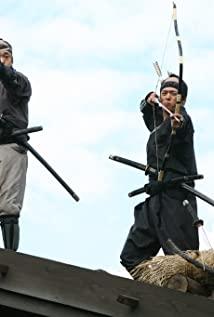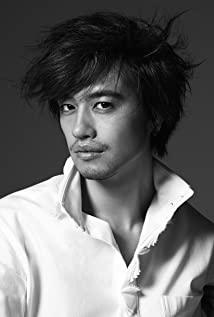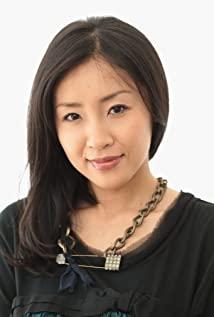"Thirteen Assassins" is adapted from the old version in 1963. It is a story about "assassinating a person and saving the world". Specifically placed in the shogunate around 1840, the heir Qi Zhao was brutal and innocent. Shinzaemon was ordered in a crisis, and was deeply shocked by hearing and witnessing his atrocities. He determined to bet on his life, leading twelve samurai and a "savage" to encircle Qi Zhao halfway. In the end, a fierce battle, with the dead souls of eleven people, buried more than 200 lives of Qi Zhaohe's men.
The title of the film is based on the sublime of the "dead man", which is similar to the motifs of "Jing Ke Stabbing Qin", "October Besieged City", "Three Hundred Warriors of Spartan" and even the "Fukushima 50 Righteous Men" in reality. However, this kind of theme, through the touch of the black hand of Sanchi, the blood can't escape, and there is a different kind of "evil" more inexplicably.
The most obvious is that the villain Qi Zhao is suspected of being possessed by the director, and his splendor is shocking-raped his servants' daughter-in-law, and cut off his husband's neck bone with a single knife; made the girl into a sex slave; tied and shot the old and the weak. Women and children; licking food; always smile calmly. Especially in the last paragraph, in the terrifying killing field, this servant showed a joyful expression: "This is the Warring States Period! If I become the old man, let the world fall into war again!" After
all, the darker it is. The author, on the contrary, is able to make "love or justice" movies, like "Summer of Kikujirou" to Kitano Takeshi, "Putian March" to Shinsaku Kinji, and the generation of evil emperor Takashi Miike, once he took over the subject of integrity, The heroic is surprising. The reason for this is probably a deep insight into evil, and only then can there be a way to directly destroy evil-betting on one's life and "killing the wicked and their neighbors."
In fact, there is no conventional Bushido in Miike's mind, and the core of Bushido’s loyalty is completely denied in the film. It is undoubtedly a kind of ignorance to defend the infamous feudal lord with the death of Guito Hanbei; while Shinzaemon and others seem to be ignorant. The deep-hidden samurai soul actually follows the inner justice and "my way"; there is even the "savage" Xiao Yata, who has tenacious vitality and escapes wildness, and mocks the samurai for abiding by rules and self-respect.
And the Bushido practiced by Shinzaemon and others with blood, to put it bluntly, fulfilled Miike’s "Shurado" in mind, just like the first 20 minutes, Qi Zhao's twisted killing, hell on earth; the last forty minutes, Killing in the name of eliminating evil. : Cruel death, crazy cutting, flesh and blood flying, and bones into mountains, the image of the heavenly wizards have been fully displayed in the killing array, and they are still in the world of purgatory.
However, apart from the endless killings, what really moved the audience was the obsession and will of the samurai, who worked hard to achieve the righteousness in their hearts, for a belief "death without thinking, death without scruples," "Die without hesitation", just as Shinrokuro said to his wife before leaving: "If I come back later on the Chinese Yuan Festival (Ghost Festival), please burn me a lamp." After that, he set foot on the netherworld. The bluestone slab path, never looking back.
over
View more about 13 Assassins reviews


